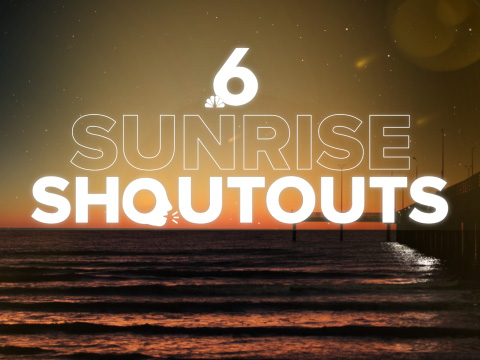A Texas judge has ruled abortions up to six weeks of pregnancy can temporarily resume in Texas. But what does that mean, following the U.S. Supreme court overturning Roe v. Wade? Legal experts said it would prevent the law from the 1920's, which banned abortion, from being enforced here.
On Tuesday, a Harris county judge ruled there have been changes to laws which have granted more rights to women since the 1920's. The judge ruled the state would need to make new laws regulating abortion following the supreme court ruling and not revert back to laws from a century ago.
This is also an issue candidates for Governor are already addressing. Democratic gubernatorial candidate Beto O' Rourke told the Texas Tribune he would work to repeal Texas' abortion ban and expand access to reproductive health care if he is elected.
We reached out to our political analyst Dr. David Smith to find out what O' Rourke would have to do to get abortion legal in Texas. Smith said if the Texas legislature remains majority republican, O' Rourke's options would be limited.
"He could issue an executive order from the Governor's desk, however, the power of the governor is limited and he is really kind of handcuffed if you will that he can only act based on law that is put before him or opportunities that are put before him," said Dr. Smith.
Dr. Smith said its likely Governor Abbott will call a special session of state lawmakers to discuss new laws to prevent abortions. Smith said this can help Governor Abbott and build up a base ahead of the November elections and get republican voters to the polls.
"Greg Abbott is struggling in the polls, hes only got a five point lead over O' Rourke and that's based off the most recent polling and the response to the Uvalde shooting so that's already a knock on him politically and then to try and have this decision come down and build some momentum with women, he is going to be struggling," said Dr. Smith.
Smith said some other key issues O' Rourke and Abbott are campaigning on include gun safety laws, education funding and state infrastructure.
And we wanted to know, why some issues like abortion, are decided on by the courts or lawmakers and not a general election where voters decide.
Dr. Smith said it depends on the issue. In particular, would any proposed legislation expand the right of the people, or would it limit rights?
He said for example, constitutional carry was an expanded right and was put to the people, that way, there is minimal backlash against lawmakers if it doesn't turn out the way they expect. Dr. Smith said lawmakers will put issues on the ballot for the people to decide to minimize potential harm to their power.
"It's called the police powers amendment how do you as the individual align with your elected leaders and if you don't is it a disservice to you or a denial of your rights or is it just you are not in the majority at this time," said Dr. Smith.
So, why would lawmakers not want to let voters decide key issues in a general election?
"So while the republicans control most of the legislative seats as well as all the state level executive seats their opinions may not be as in the majority regarding a woman's right to choose," said Dr. Smith.
He said the Supreme Court tends to be the easiest place to go to because the justices are not elected and they serve for life. Dr. Smith said right now, there are now a lot of young, politically motivated female voters who could change the course of the November elections if they turn out and vote.



